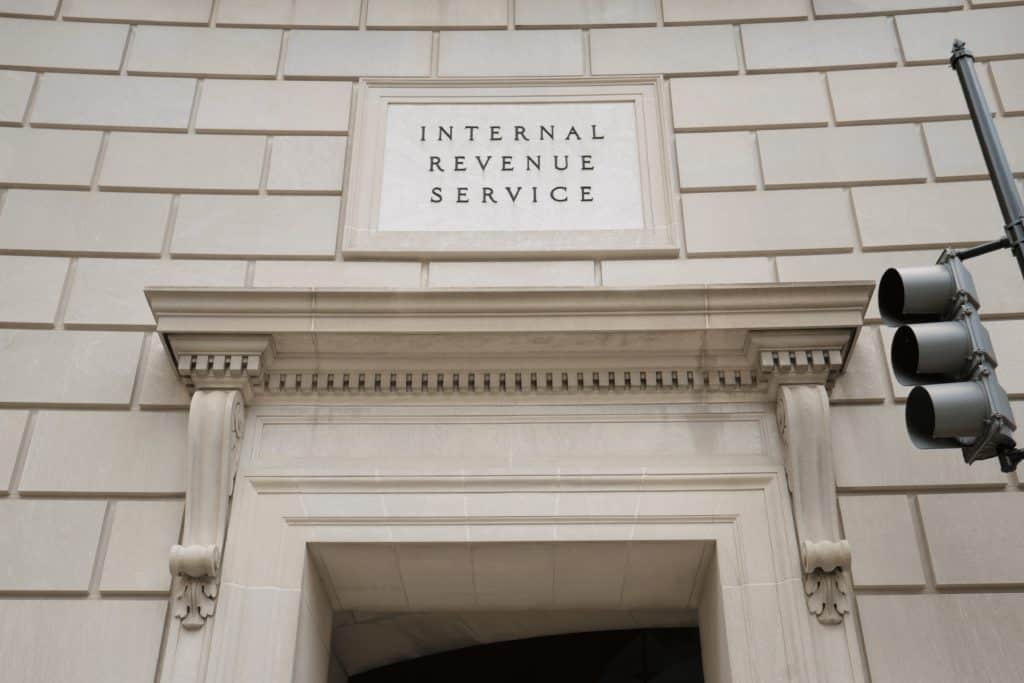What to Do If You Receive a Collection Letter from the IRS
You open up the mailbox, expecting the usual mix of bills and catalogs, but what you find is a collection letter from the IRS. It can feel like you are living in a nightmare that you can’t wake up from when you receive a collection letter from the IRS.
Even worse, that letter includes a demand for payment, which is the last thing you need to deal with. So what do you do now since you have received the collection letter from the IRS? The steps you take could make all the difference, and here are some key things to do next.
Take a Deep Breathe
It is easy to panic when you get a notice from the IRS, but getting scared will not get you anywhere. So slow your racing heart (if you can), take a deep breath, and try to calm your nerves.
You will need to think clearly to take on the IRS, and letting your emotions guide you is the last thing you want to do. You will want to have all your brain cells firing, so stop panicking and carefully think through the following steps.
Read the Notice Carefully
Not every notice from the IRS is terrible news, and some are merely a matter of mismatched paperwork or transposed numbers. Those relatively simple matters should not take much to resolve, and they may not even require you to pay any extra money.
Before you do anything else, take the time to read the notice carefully. Find out precisely what the letter says and what the IRS is proposing. Is the IRS claiming you underreported your income for the past year? Are they saying that you took a deduction you were not entitled to? Is the tax agency challenging your interpretation of a statute? The more you know about what the IRS claims, the easier it will be to defend yourself and, ultimately, save you money and headaches.
Pull Out Your Tax Return and Supporting Documents
As previously stated, some tax notices are merely the result of minor disagreements or inconsequential math errors, but others are more serious. Now that you understand what the IRS is stating, you will want to look at what you claimed when filing your tax return.
You can start by pulling out a copy of the tax return in question, making sure to get the right one based on the contents of the collection letter. Hopefully, you have a copy of the return saved on your computer or in your filing cabinet. If not, you can request one from the IRS or have a professional request it for you.
Now that you have your tax return, you can look it over in comparison to the collection letter, looking for any mismatches or erroneous entries. If the return seems good to you, the next step is to get out all the supporting documents.
Those supporting documents may include 1099 forms from your bank and brokerage accounts, W-2 forms from employers, and anything else you included on your tax return. If you took deductions against your income, you will also want to gather those documents and keep them handy.
Take Prompt Action
One thing is certain when it comes to fighting with the IRS – wasted time is wasted money. The interest and penalty clock starts ticking the moment the supposedly erroneous tax return is filed, and every minute you wait could be more money out of your pocket.
If you wait too long the IRS can, without a court order, garnish 90% of your net pay AND clean out your bank account. They can also seize your home and other assets.
The number one thing to do is act fast, which means finding and reviewing the applicable documents immediately. Once you have everything together, you can take the next and arguably the most critical step.
Find a Suitable Professional
Taking on the IRS is not something you want to do alone. You wouldn’t go to court without a lawyer and you certainly don’t want to go up against the IRS without expert representation. Even if you are confident filing your taxes and handling your finances, arguing with the IRS is not a DIY activity.
If you hope to limit the damage and reduce the amount, or the proposed amount they are demanding, you will want a professional in your corner. Working with a tax relief specialist could save you a lot of money in the end, along with countless hours of grief and stress. The sooner you seek professional help with your tax problem, the better, so do yourself a favor and do not wait.
IRS problems can affect all aspects of your life. The stress of not filing or paying your taxes could make you lose sleep. If you are looking for tax relief, we can help!
To help ease the stress from your situation, we offer a free, no-obligation consultation with one of our tax resolution experts. You don’t have to worry about confidentiality or cost because the consultation is free with zero gimmicks or commitments. Schedule an appointment with one of our tax resolution specialists today.

